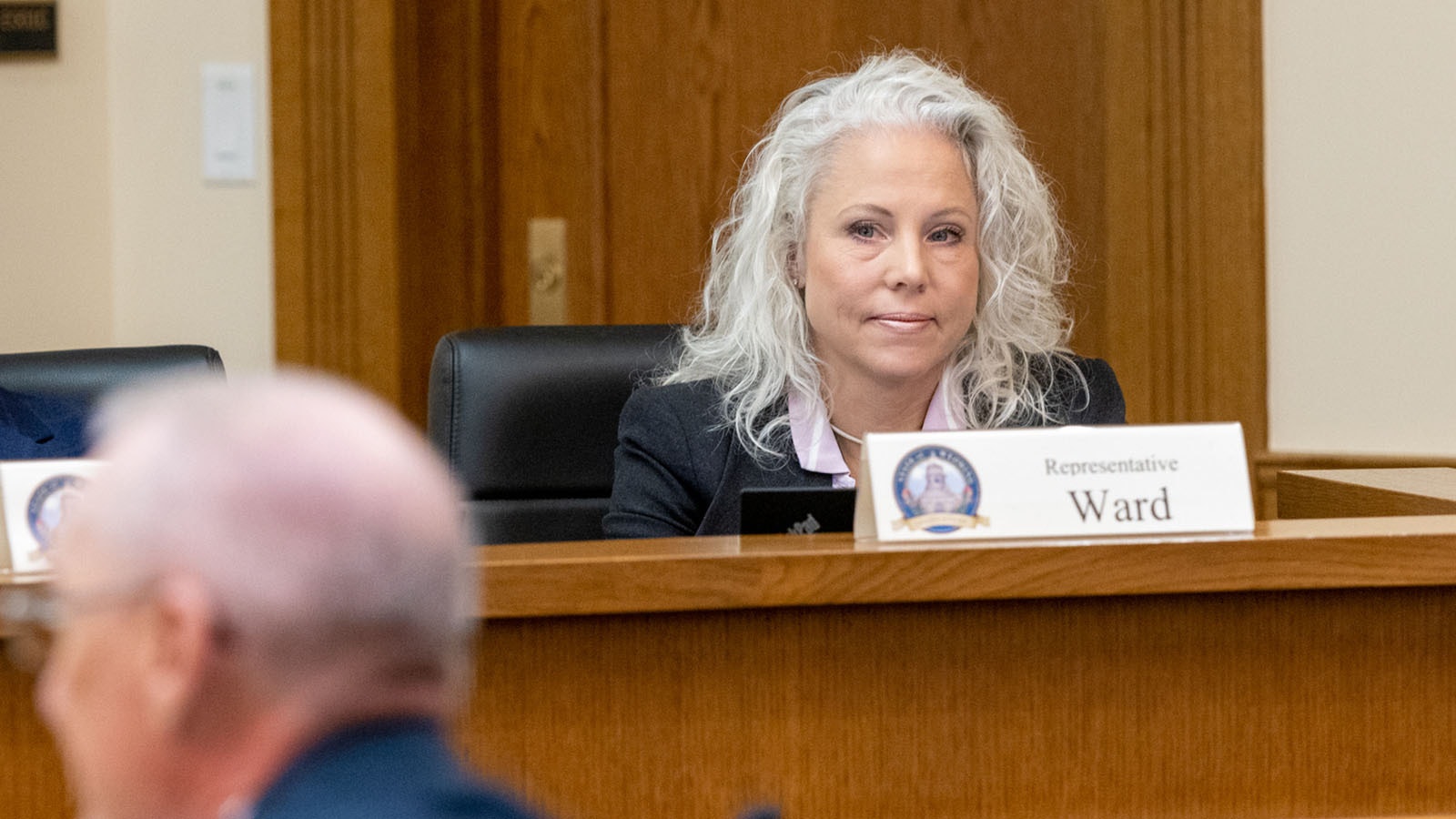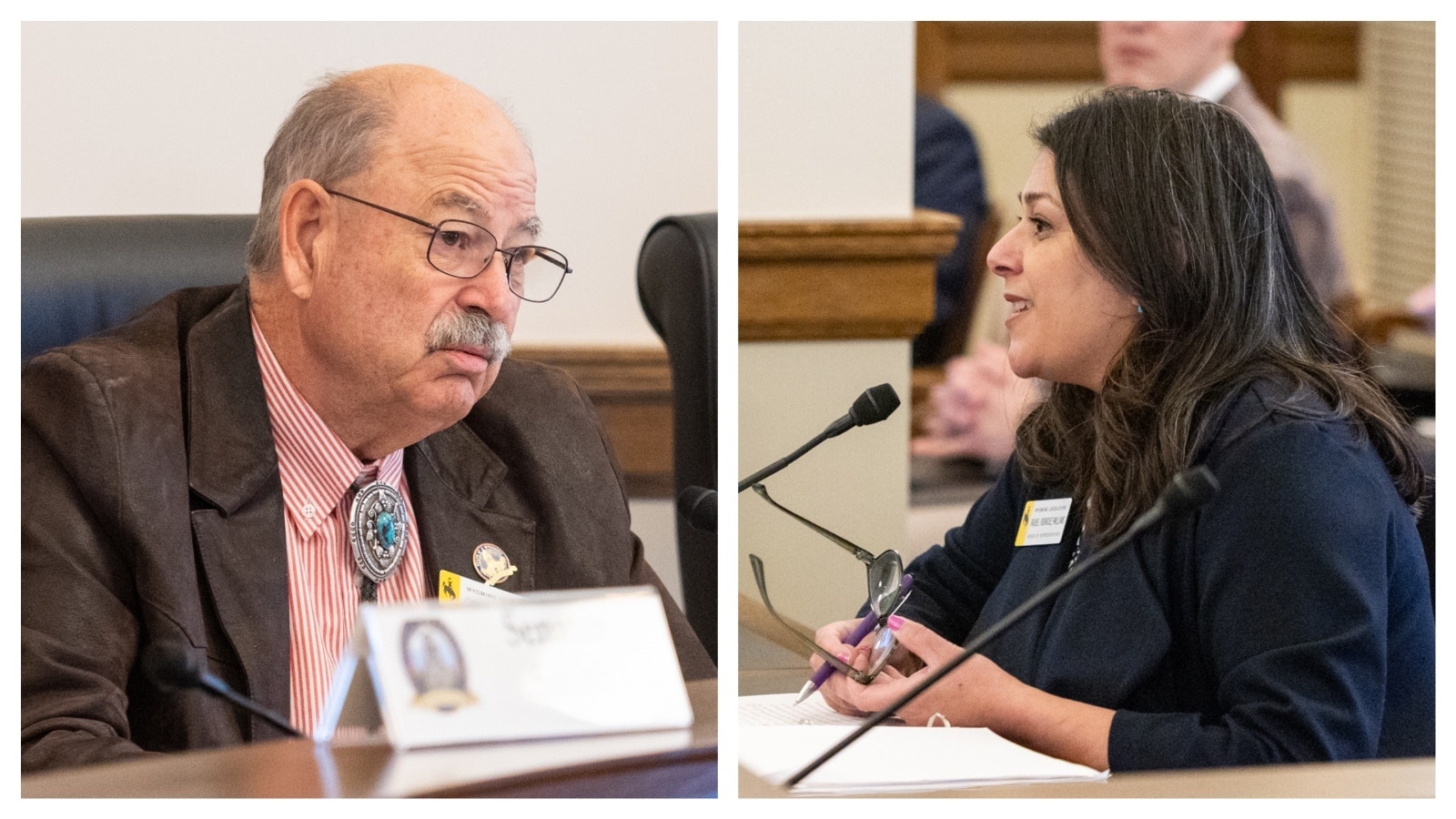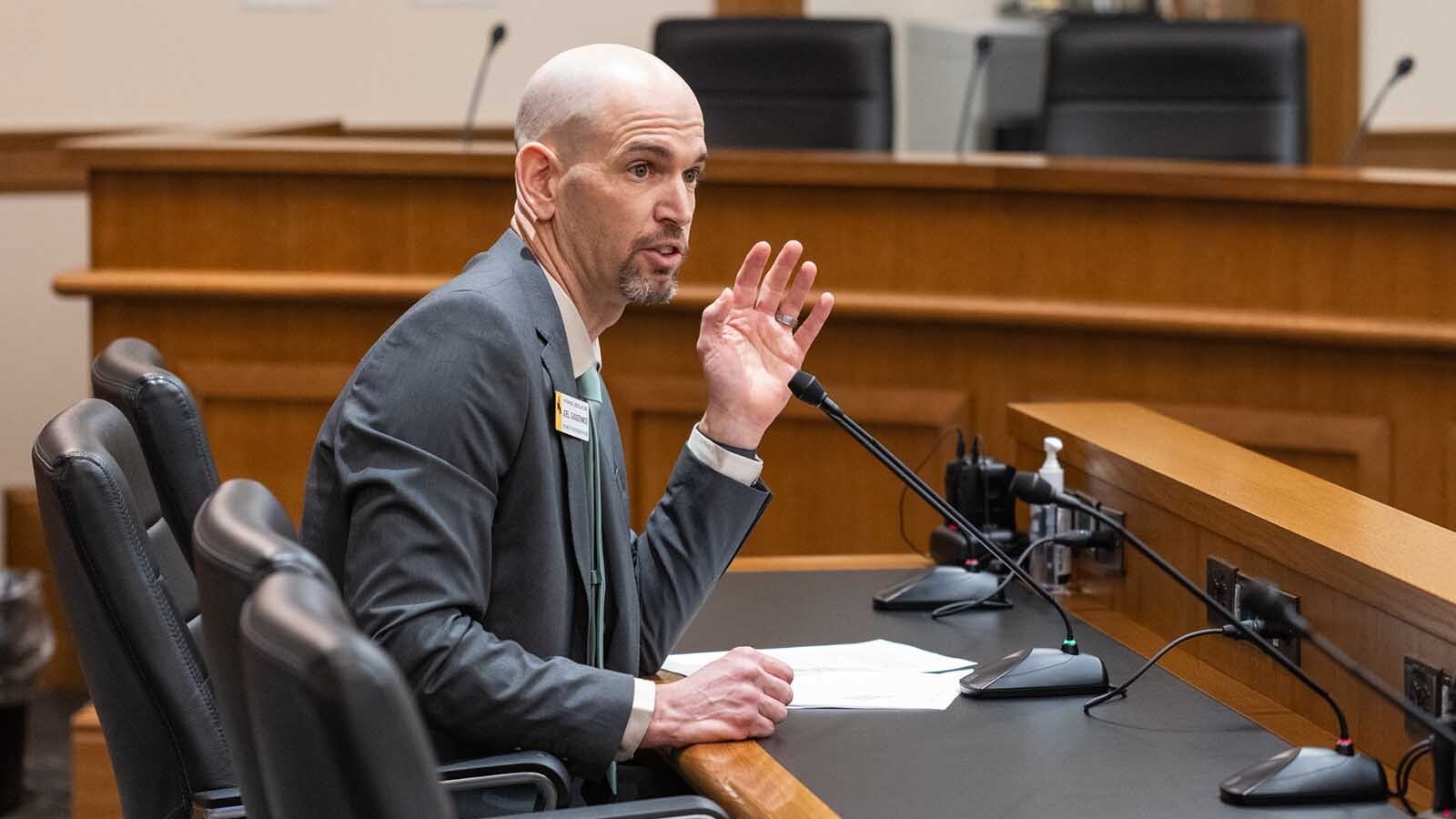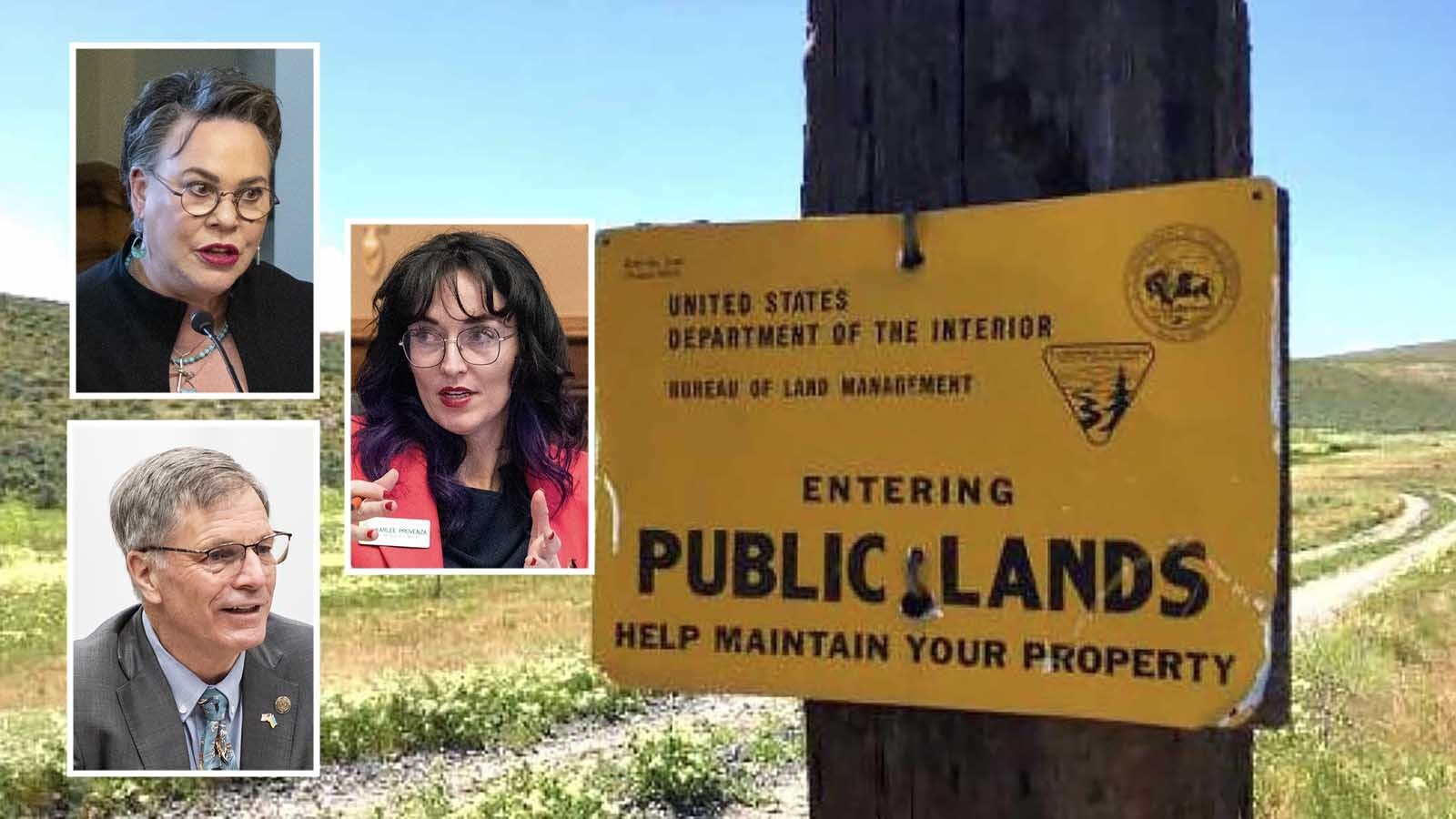A proposed change to Wyoming law that would outlaw cartoon and all other depictions of child sex acts is likely unconstitutional, says a top Wyoming free-speech attorney.
If it were to become law, House Bill 87 would change the state’s definition of illegal “child pornography” to include cartoons, drawings and “any other form of depiction” of sex acts against children.
That’s a broad-net definition that the U.S. Supreme Court roughly two decades ago deemed unconstitutional under the First Amendment, Bruce Moats, a Cheyenne-based media law attorney, told Cowboy State Daily on Tuesday.
‘Not Romeo And Juliet’
Bill sponsor Rep. Jeanette Ward, R-Casper, told Cowboy State Daily she crafted the bill in response to sexually graphic books in Wyoming public school libraries, and a lack of satisfactory response by school boards.
Ward has two high school-age daughters and said the bill addresses her concerns and those brought to her by constituents.
“The books I’ve seen that are objectionable and pornographic by the standards of reasonable people everywhere are not ‘Romeo and Juliet,’” said Ward. “They contain explicit cartoons depicting sex acts between children, with the very intention of desensitizing children to explicit sex acts.”
‘Virtual Child Pornography’
Moats said the bill likely is unconstitutional under U.S. Supreme Court case Ashcroft vs. Free Speech Coalition.
In that case, the high court determined that “virtual child pornography,” which can include animations of child sex acts or adult actors pretending to be children in sex scenes, is not child pornography.
“That would seem to indicate that cartoons and depictions that don’t use real minors are protected by the First Amendment if they have socially redeeming value” and can otherwise hurdle legal obscenity standards, Moats said.
He said movies such as “Traffic” that depict minors in sex acts but use adult actors, along with scientific publications and literary accounts of child sex crimes – as in the true-crime book genre – were among the virtual depictions upheld by the Supreme Court’s decision.
The same forms of expression could be in peril under House Bill 87, he said.
In the case of depictions of actual child sex acts, “the case said, ‘Yeah, that’s outside the First Amendment,’” said Moats. “Because there’s a victim there, and it’s a crime.”
‘Overbroad’
A pornography trade association initiated the case in response to the federal Child Pornography Prevention Act of 1996. The case was decided in 2002.
“Pornography depicting actual children can be proscribed whether or not the images are obscene because of the state’s interest in protecting the children exploited by the production process,” reads the syllabus of the case.
But the federal law banning virtual depictions of child sex acts the court found “substantially overbroad.”
Educators And Librarians
A second feature of House Bill 87 is its proposed repeal of a statute exempting librarians and educators from being prosecuted for disseminating obscenity.
Ward said the repeal, if it passes, will not undermine the legitimate efforts of professionals who aren’t striving to sexualize children.
“Educators who have no interest in putting sexually explicit materials before children don’t need to be concerned,” she said.
Ward addressed a few concerns detractors had raised during the months before the legislative session, when the idea of repealing the exemption surfaced in public discussions: namely, that it waters down local control of school boards and that it could be authoritarian.
“This bill gives a voice to the most local control of all: PARENTS,” she said in her email, adding that “the real authoritarians are those who categorize parents as ‘terrorists’ for wanting their children protected from obscenity.”
Ward said the repeal also aims to remove from concerned taxpayers the burden of paying for “obscenity.”
“Reasonable people everywhere recognize these books as obscene and reasonable people do not want their money used to subsidize obscenity,” she said.
Obscenity
It is a misdemeanor to promote obscenity to adults and children, with a possible penalty of a year in jail plus up to $1,000 in fines in cases involving adult victims and $6,000 in cases involving minors.
Moats did not identify a constitutional issue with the repeal portion of the bill, but said it might not make a huge difference since obscenity crimes are difficult to prove in court.
“If something has socially redeeming value it isn’t going to be (considered) pornography,” he said, adding that sex education programs are an example of teaching that judges consider legitimate.
Materials are not obscene under Wyoming law unless they appeal to the prurient interest, depict or describe sexual conduct in what the community would generally describe as “patently offensive,” and lack serious literary, artistic, political or scientific value.
“I’m not sure the sponsors are going to accomplish what they want to,” Moats said, adding that the repeal “seemed to me to be an added measure of protection.”





